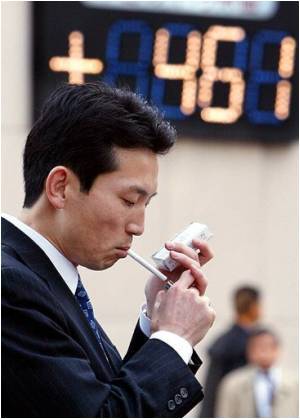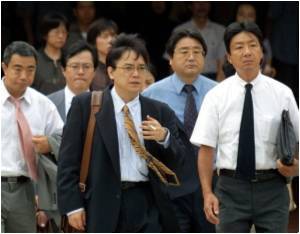The stronger yen has made Japanese cities even more expensive for expatriates to live in and their cost gap with other Asian locations is widening, a global survey showed Thursday.

"The ever strengthening yen means Japanese locations dominate the top of the ranking," ECA said in a statement.
"Tokyo maintains its position as the most expensive location in Asia and worldwide for international assignees," it said.
The Angolan capital of Luanda was second due to the fact that the city's damaged infrastructure means expats there have to rely on imported goods.
The four Japanese cities were all up from last year, illustrating the impact of the yen's strength over the past 12 months.
Rounding out the world top 10 were Oslo, Zurich, Geneva, Stavanger in Norway and Bern.
Advertisement
"The rebounding of the won means that cost of living for assignees to the South Korean capital has risen above Hong Kong for the first time since the 2008 financial crisis," ECA International said.
The Japanese currency has surged in recent months with the yen hitting a 15-year high around 80.50 against the US dollar in November as investors dumped the greenback for better-yielding assets. The dollar fetched about 90 yen at the same point in 2009.
Across Asia, living costs for expatriates have gone up by an average 4.6 percent in the past 12 months, much faster than the 2.9 percent rise in Europe and 2.7 percent in North America.
"Although inflation figures remain lower than the high levels we witnessed in 2008, we are seeing rises in many Asian locations," said Lee Quane, regional director with ECA International.
"When we look at Europe and North America where inflation rates are lower on average and currencies have weakened, Asia has become a comparatively more expensive region for international assignees over the last year."
ECA International carries out a twice-yearly survey by measuring a basket of common items purchased by expatriates in more than 400 locations globally.
The costs of the items, including groceries, clothing and miscellaneous purchases, are converted into US dollars to make a standard comparison.
They do not include housing, utilities, car and schooling expenses.
Source-AFP










